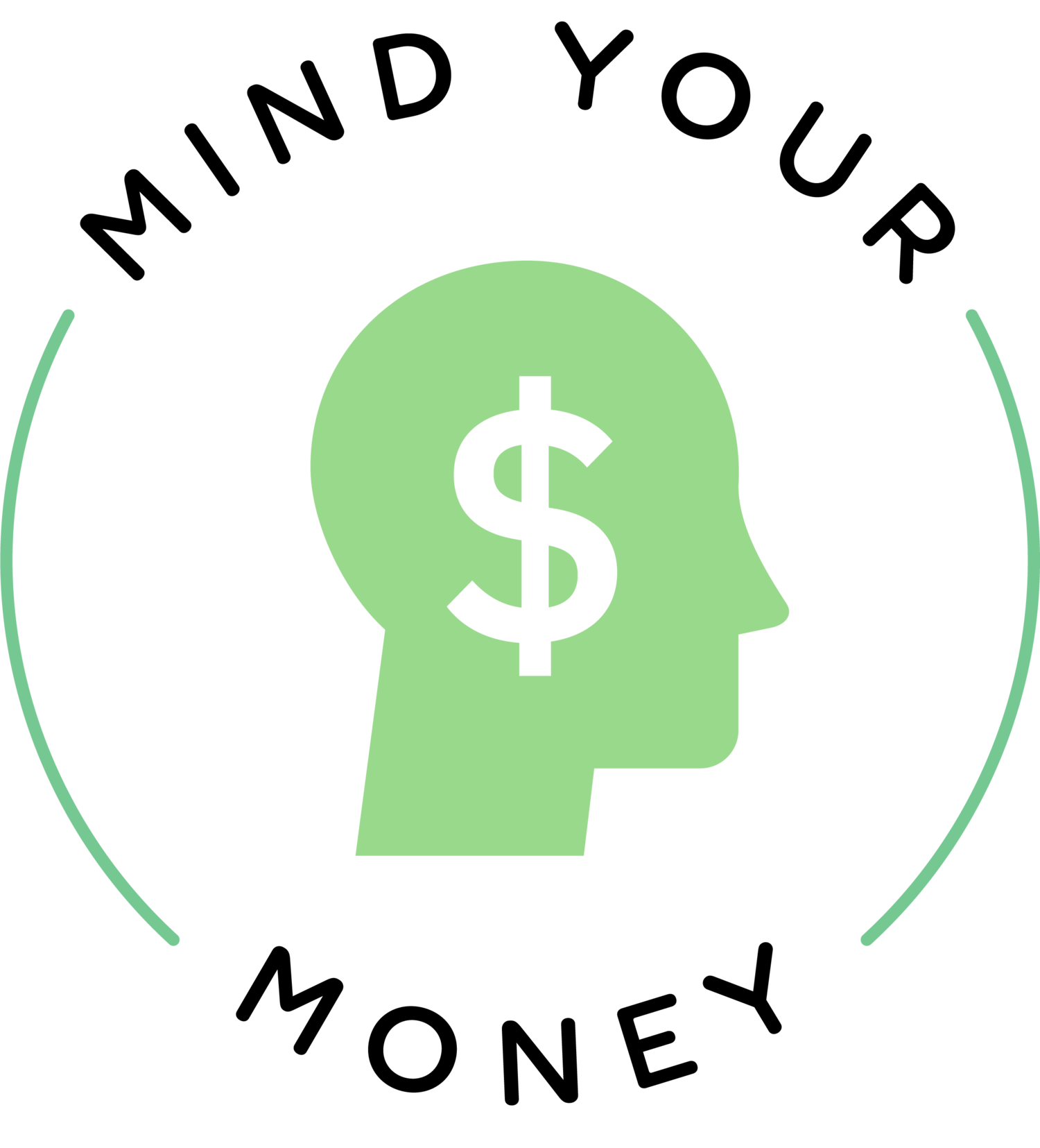What is Life Insurance?
What is life insurance?
Life insurance is a contract deal between a person and an insurance company. When the person who has this deal (we call them the policyholder) passes away, the insurance company gives money to a person the policyholder chose beforehand (this person is called the beneficiary). The policyholder regularly pays money for this contract, called a premium. This premium could be monthly, annually, or a one-time payment (called a lump sum).
The premiums that one will pay will depend on various factors of the insured individual including the following:
Age at the time of requesting the policy
Gender
Personal medical history
Family medical history
Blood work / Weight / Height
Alcohol consumption/smoking
Why do people take a life insurance policy out?
One of the main reasons why people take out life insurance policies is because if one or both the parents are the primary income earners in the family, they want to ensure that their family can sustain themselves in the event of one or both of their deaths. With mortgages, daily living expenses, college tuition, etc. there are plenty of reasons to provide some security to your family in the event of one’s death. It is important to have, especially if you have a family that depends on your income.
There are two main types of life insurance policies:
Term Life
Term life insurance is a life insurance policy that lasts for a set period, typically between 10 and 30 years. It guarantees payment to beneficiaries if the insured policyholder dies during that period of time. However, if the insured lives past this set time, the premiums you have paid will be considered spent money. Generally, term life insurance is much cheaper than whole life insurance because if you don’t die during your term, you still have to renew your policy, and there is no cash value component to term life insurance.
Whole Life
Whole life insurance is permanent life insurance that lasts for your lifespan as long as you continue to pay the required insurance premiums. Part of those premiums will go to a savings component called cash value. These funds get invested with a return on investment that is generated, and you can withdraw from it, tax-free. There is value forever in the whole life insurance policy, which never terms out.

